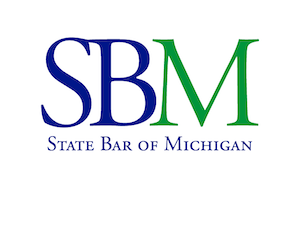- Contact Us Now: 615-510-4000 Start Your Defense
Taxation of the Student Debt Relief Plan
Taxation of the new student loan forgiveness program could be considered one of the “fine print” topics attached to this federal debt relief plan. As the U.S. Department of Education officially launched its student loan forgiveness application this week, an estimated 43 million Americans stand to benefit from the program.
So how does that translate when having a conversation about taxes? Typically, when a federal loan is forgiven, the borrower is issued IRS form 1099-C or “Cancelation of Debt,” and this could be considered taxable income by the federal government. However, that will not be the case with this particular debt relief program. This one-time student loan debt relief will not be subject to federal income taxes, but state and local tax implications may vary.
While there is no federal income tax on this debt relief, it’s important for residents in each state to understand their local tax liability if they participate in this program. Residents who live in one of the eight US states that don’t have a state income tax – Wyoming, Washington, Texas, Tennessee, South Dakota, Nevada, Florida, and Alaska – are very unlikely to encounter any kind of tax liability on the state level.
However, there are at least 7 states that have confirmed their intention to consider this taxable income, and 13 states are debating the topic now. The details and mechanics of how the state tax on this debt relief will be administered are still being finalized. It is rare for income that is not considered income on the federal level to be considered income on the state level. Since the federal government doesn’t determine it taxable, then the Department of Education may not issue a tax form at all, and the federal government will not provide a relevant tax code to the states.
It may boil down to the honor system when you are filing your taxes. Your tax filing program may include the question, “Did you have a student loan forgiven in 2022?” when you’re filing your state returns.
The bottom line regarding taxation of this debt relief is, everyone will have to follow the law in his or her respective state.
For the latest information, instructions for submitting an application, and deadlines for the one-time student debt relief program, visit the official government website that discusses this topic in detail https://studentaid.gov/debt-relief-announcement/.











